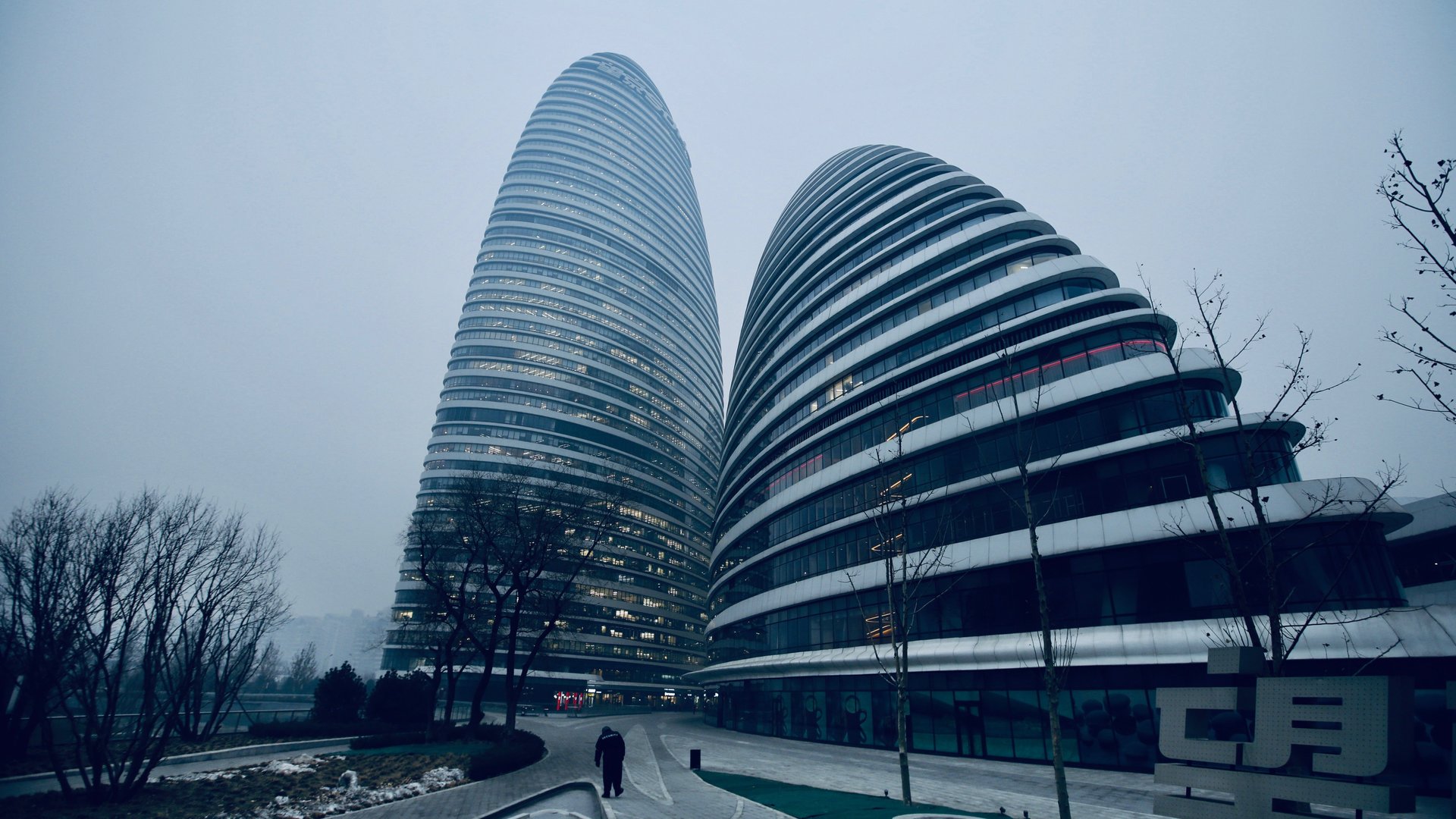China’s courts fined a blog $30,000 for criticizing these buildings’ feng shui
In China, critics of design and style will have to be careful about their assessments of new developments, it seems.


In China, critics of design and style will have to be careful about their assessments of new developments, it seems.
A Chinese court has just imposed a $30,000 fine on an independent media company, Zhuhai Shengun, that printed a feng shui expert’s critique of three unusually shaped buildings in Beijing designed by renowned architect Zaha Hadid, the New York Times reports (paywall). The blogger called the buildings’ energy “noxious” and “heart-piercing” and claimed their design brought misfortune on those who rented there, which prompted the developer, SOHO China, to successfully sue the writer for this assessment.
The developer argued that the blog post, which was widely circulated but has since been deleted, made it more difficult to rent spaces in the mixed-use three-tower Wangjing SOHO development, erected in 2014. SOHO China reportedly collects about $66 million in rents there annually. “We cannot accept the use of feudal superstition to slander this building,” Pan Shiyi, the chairman of SOHO China, wrote on Thursday on the Chinese social media platform Weibo.
Shiyi is referring to feng shui. This ancient Chinese pseudoscience, or feudal superstition as Shiyi put it, attempts to align people and spaces with nature. It favors design that works with the natural environment and harnesses the positive energies of a location to generate good feelings and good work in a particular place. According to the blog post in question, the feng shui in Wangjing SOHO was no good and was harming companies that worked there. It went on to list internet companies that had gone out of business, allegedly due to the poorly chosen location and design of the development.
Most notably, the blog likened the design to “pig kidneys,” which is an insult in Chinese. That’s certainly not the impression that the architects or developers intended when creating the constructions with their smooth surfaces and rounded curves. Indeed, a video by Zaha Hadid Architects about the building shows a potential tenant happily walking toward the structures as trees and flowers shoot up around her, presumably indicating the space is in alignment with nature, contrary to the feng shui expert’s assessment.
The court’s decision to impose this substantial fine on a small independent media company is reportedly part of a wider effort on the Chinese government’s part to curb “superstitious” views and to keep the press from being too expressive. Although the decision was criticized by some online, there are those who support these efforts. Li Bing, an attorney with the Shanghai Junzhi law firm, told the New York Times that the case was evidence that the Chinese government does need to closely monitor independent media, saying, “When you speak, there should be limits. You need to consider that what you say might have an impact on society and the public’s perception.”